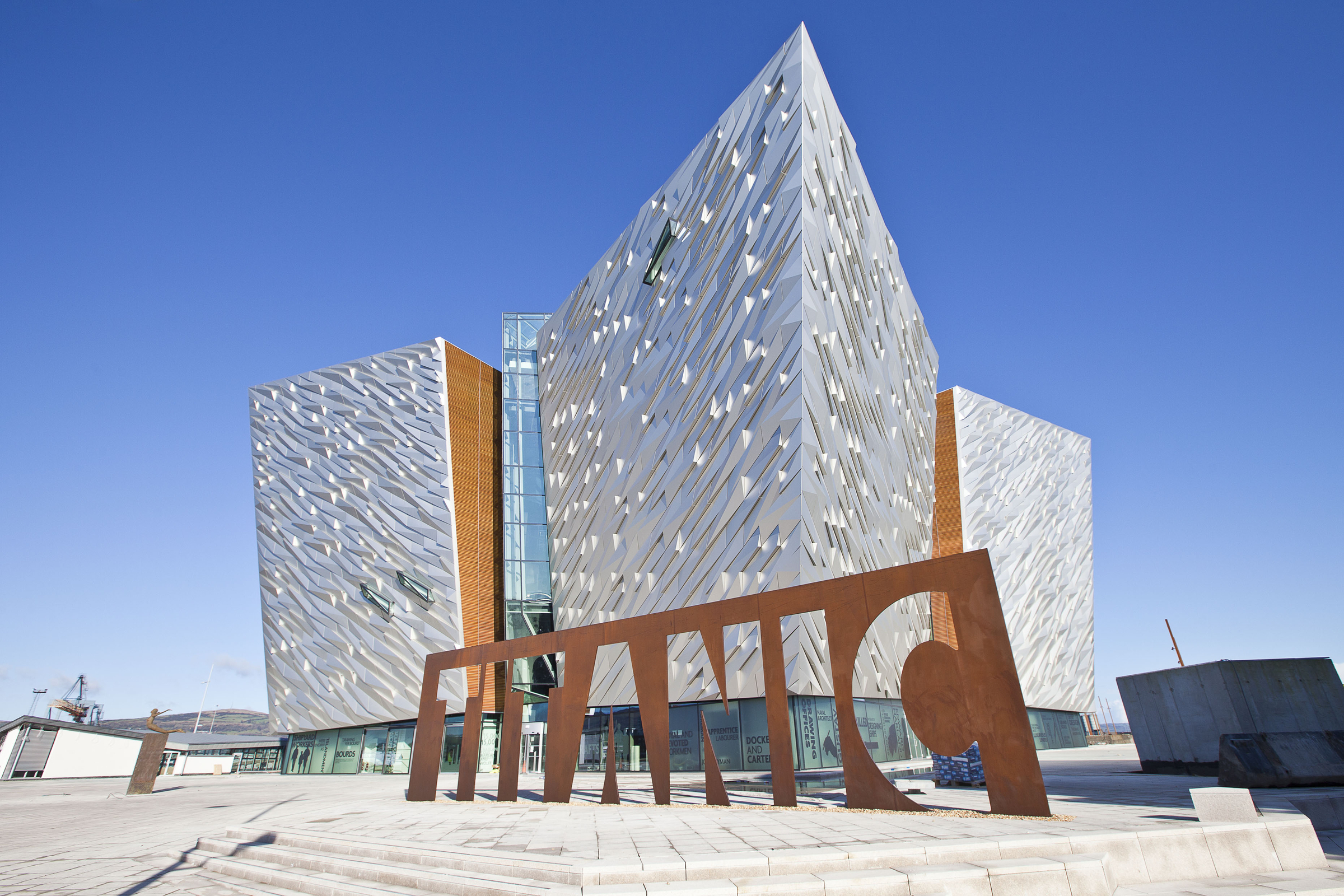Skift Take
The success of a meeting doesn’t just depend on the content of the programming, the way attendees interact with the venue also plays an important role in the overall experience.
Mark Cooper is the CEO of IACC. He got early exposure to the hospitality industry via his family pub in England before joining the DeVere Hotels’ youth training scheme at 16. After that, he worked with hotel and conference centers across the UK and internationally, including Dolce Hotels and Resorts. Following a stint as a ConferenceDirect associate, he joined IACC as CEO in September 2012. IACC markets itself as a global community of passionate people and companies delivering innovative and exceptional meeting experiences.
Subscribe to the Skift Meetings Podcast: Apple Podcasts | Spotify | Overcast | Pocket Casts | Google Podcasts | Amazon | RSS
Different Venue Provide Different Meeting Experiences
Leading an organization that has smaller high-end venues as members, it’s natural that Cooper has strong feelings about finding the right venue for each meeting. He points out that the differences between a small event in a dedicated meeting venue and a large convention in a convention center go far beyond the number of attendees each space can hold. For large conventions, planners need to consider that all attendees have the same quality of experience, which often requires hiring external caterers, and audiovisual equipment, with some elements even requiring building sets and spaces. However, for smaller groups, venues can often handle everything in-house, with the quality being consistent for all participants. This can also result in differences between sustainability achievements, which planners need to consider.
Foods’ Starring Role
Cooper is a foodie, like many in business events. He firmly believes that the food served at an event can be one of the elements that can make or break its success. Given the way food adds a sensory component to the meeting experience, it can help them create memories of the event and, as such, should be a focus of any event.
The Copper Skillet culinary competition is IACC’s way to recognize food’s importance in meetings and events. Chefs represent IACC venues from around the world and compete for the crown of junior or senior champion. The competition is a great way of highlighting these chefs’ skills, the venues’ investments, and the central importance of food to an event.
Why Owning Your Job Role Matters
For Cooper, an often undervalued element in ensuring events aren’t just good but truly excel is the knowledgeable and experienced staff. It is invaluable to have capable staff able to deal with on-site issues efficiently based on their knowledge and experience, who can then disseminate this information and teachings to others. This experience and staff longevity within a company can also result in greater ownership of their roles. With experience and knowledgeable staff, clients feel safe and secure in the knowledge that their event is in good hands.
The Game-Changing Role of Automation
Despite the focus on in-person interaction, Cooper encourages the meetings industry to embrace innovation and automation. It should focus on the areas where technology provides additional support and gain efficiencies. The RFP process continues to evolve, but there is still plenty we can improve in how we personalize experiences, for example, by improving the management of dietary requirements.
Virtual Meetings Still Have Their Place
In a post-pandemic world, there is a desire for in-person events. However, Cooper does not see virtual meetings and events disappearing. With an increased focus and importance on the ways we invest our time and money, the idea that ‘if you can do it on Zoom, it has no place in the room’ remains. If attendees are going to travel to live events and companies are going to cover these costs, the experience provided must be unique; attendees should leave with positive memories and new knowledge. Achieving these goals also requires help and input from the venue, all of which will increase the value of attendance for participants and their organizations.





